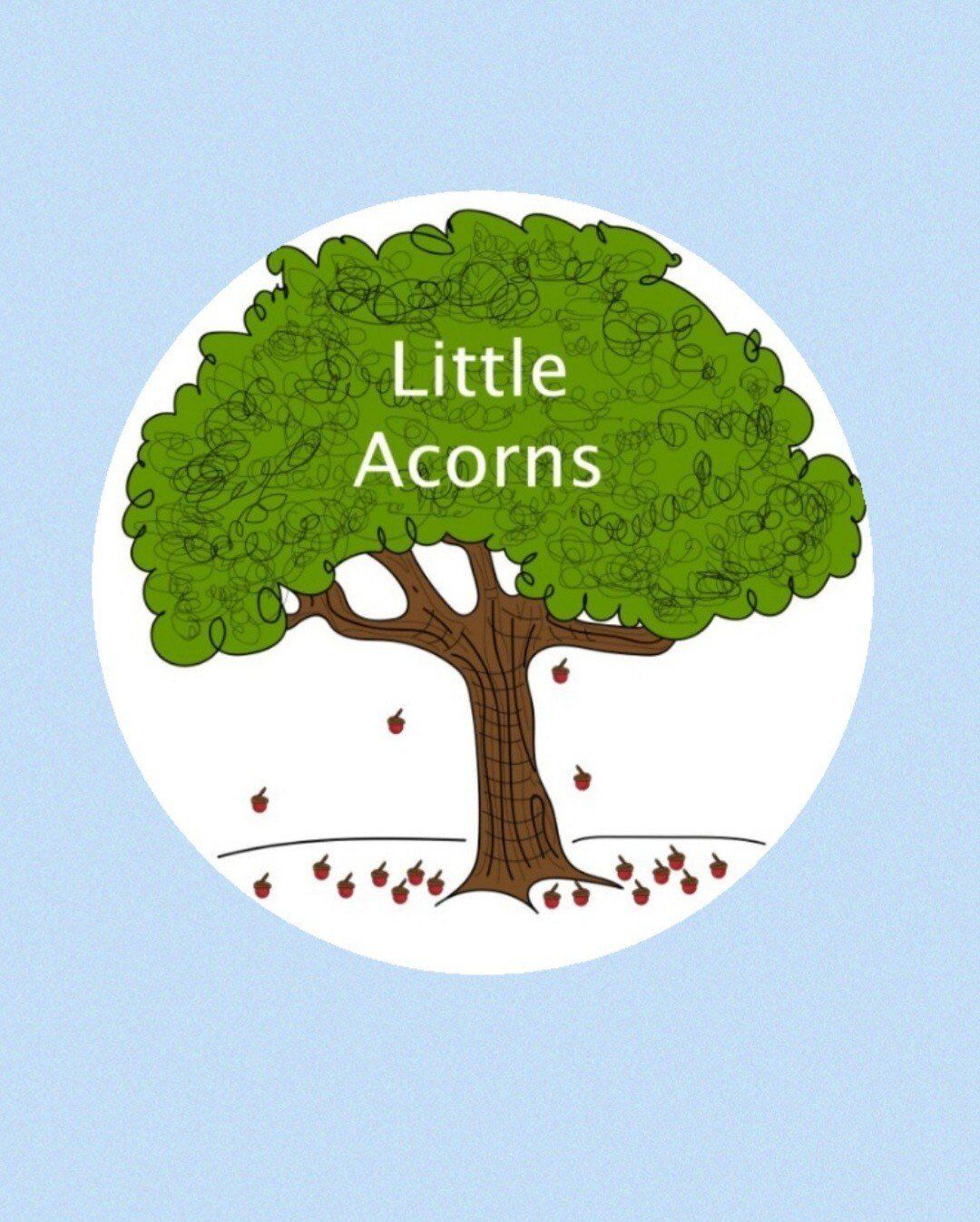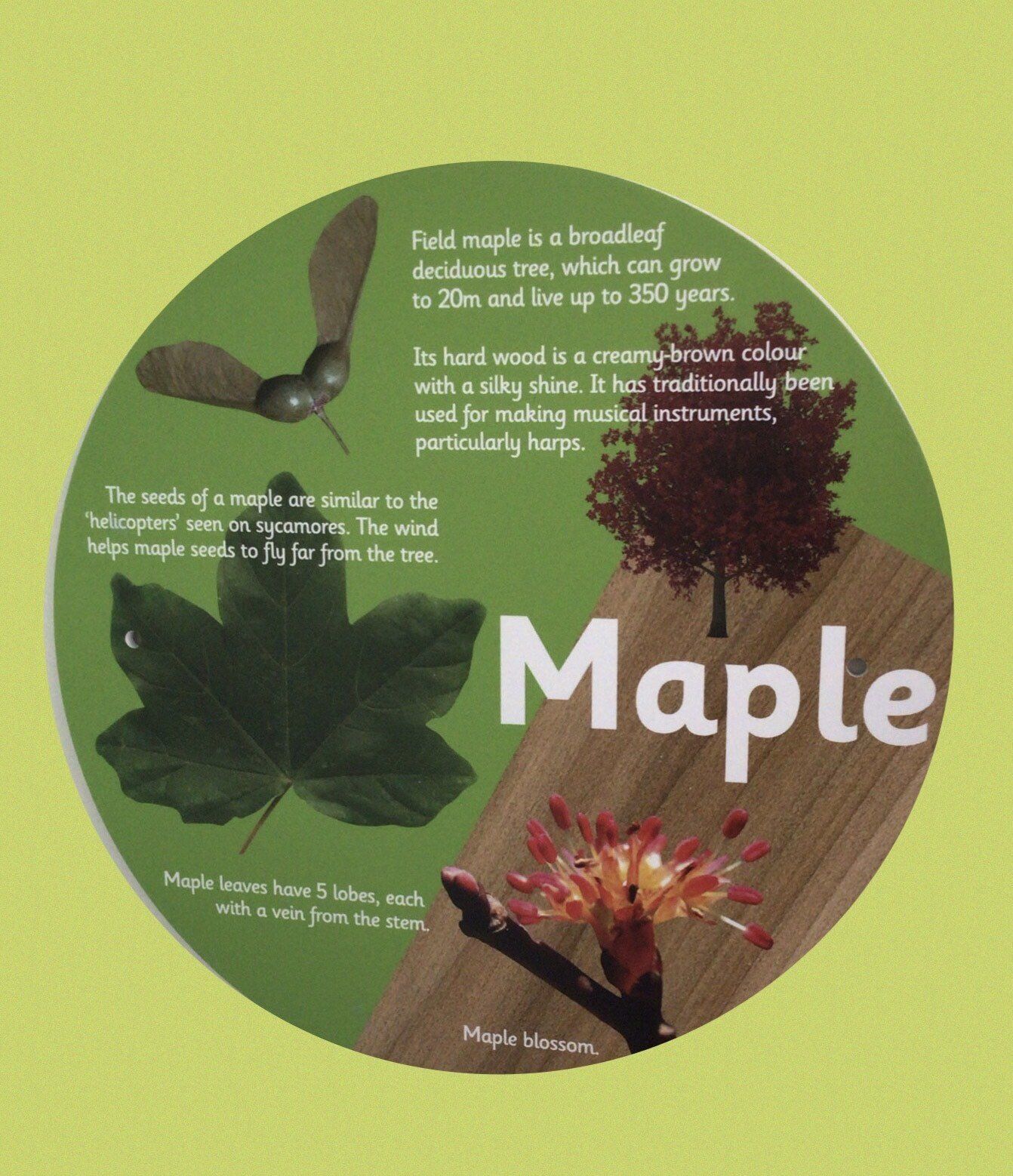SEND Report & Offer
Hudson Primary School is fully supportive of inclusion. We strive to ensure that all our pupils progress to their full potential, enjoying appropriate challenges and related success. Applications for children with SEND to join the school should be made in the normal way through Sefton Council website.
Quality First Teaching is at the heart of our provision for all our pupils, however, for some pupils there are occasions when further additional support may be needed to help them achieve their potential.
Pupils are identified as having SEND (Special Educational Needs & Disability) only where it is appropriate, and action to meet the full range of their needs goes beyond what can be achieved by adapting mainstream teaching. Different types of SEND, as identified in the New Code of Practice 2015, includes pupils with:
Disability: meaning a physical or mental condition that limits a persons movements, senses or activities.
Cognitive and Learning:
Specific Learning Difficulties (SpLD), General/ Moderate Learning Difficulties (GLD/MLD).
Communication and Interaction:
Speech and Language Difficulties, Autistic Spectrum Condition including Asperger’s Syndrome (ASC).
Sensory and /or Physical Needs: Hearing Impairment (HI), Visual Impairment (VI), Physical/Medical Difficulties (P/MD).
Social, Emotional and Mental Health Difficulties: Emotional and Behavioural Difficulties (EBD), Attention Deficit Disorder (ADD), Attention Deficit Hyperactivity Disorder (ADHD).
Behavioural difficulties do not necessarily mean that a pupil or young person has SEND and should not automatically lead to a pupil or young person as having SEND. Some pupils have needs that span across multiple categories detailed above and teachers will then need to adapt teaching and be fully aware of both the pupil’s primary needs and their secondary needs.
Hudson Primary School Local Offer
The Government Green Paper (March 2011) introduced the Local Offer as a way of providing parents and families with an overview of what is on offer to support pupils with Special Educational Needs and Disabilities (SEND) at a specific school.
Local Authorities also publish their Local Offer, setting out the provision they expect to be available across Education, Health and Social care for children and young people who have SEND. Information and a link is available here:
https://www.seftondirectory.com/kb5/seftonlocalofferchannel=0
Please click the thumbnails below to view documents relating to SEND:














